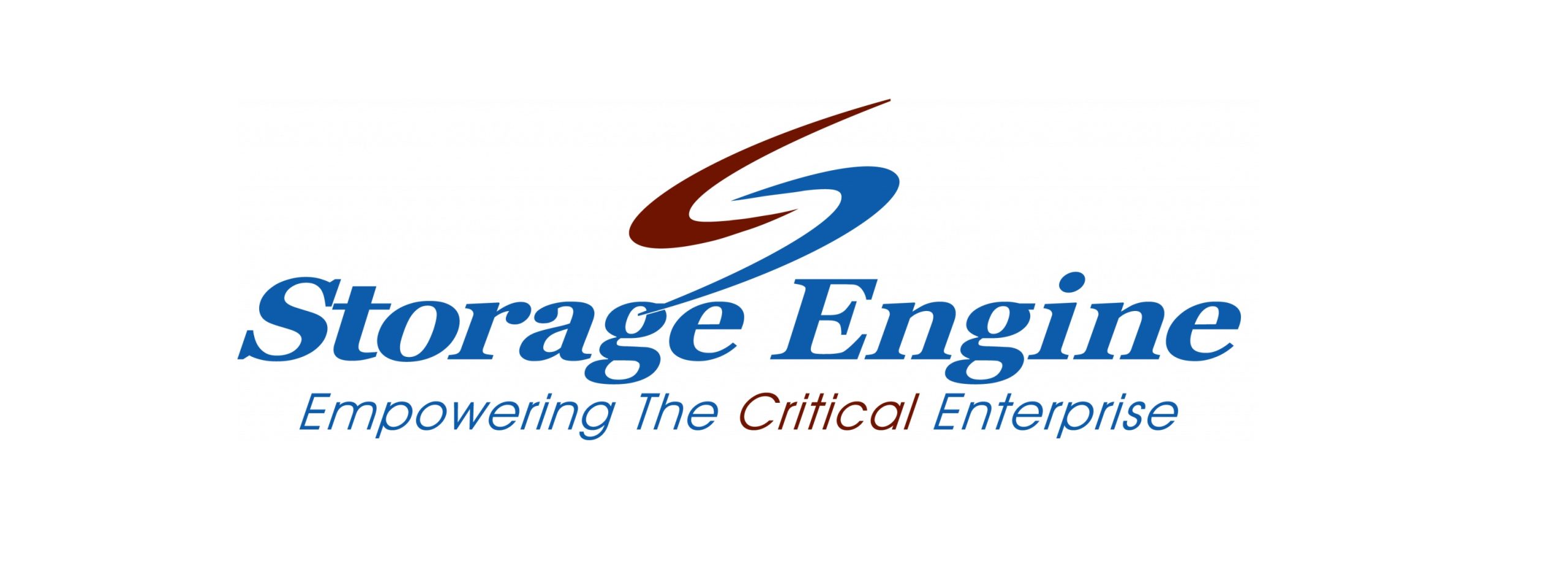Date: 06/04/2024
Vendor: Storage Engine
Technology/Topic: Quantum Safe Data Storage
URL: https://www.storageengine.com
TEM Video (milTube): https://www.milsuite.mil/video/watch/video/69592
______________________________________________
Welcome to the Technical Exchange Meeting (TEM)!
The threat of a future quantum computer being able to break today’s conventional cryptography is a pressing concern for all high-value data that is protected by that cryptography. Conventional cryptographic methods in use today rely on mathematical problems that are difficult for classical computers to solve efficiently. Quantum computers leverage the principles of quantum mechanics to perform certain types of calculations much faster than classical computers, potentially rendering many current encryption schemes obsolete. A sufficiently powerful quantum computer, sometimes referred to as a Cryptographically Relevant Quantum Computer (CRQC), will be able to readily solve those mathematical problems and hence readily break some conventional cryptographic algorithms. Once a nation-state adversary or other bad actor has access to a CRQC, they will be able to break the cryptographic algorithms used to protect that data – and so gain access to that data.
Using Shor’s algorithm, a CRQC will be able to quickly solve factoring and discrete logarithm problems which will allow them to break conventional asymmetric (public-key) cryptographic algorithms easily and completely such as Diffie-Hellman, Elliptical Curve Cryptography, and RSA. Once these conventional cryptographic algorithms are efficiently broken by quantum computers, they will no longer be able to protect data in any meaningful way. For example, given an RSA public key, a CRQC can solve for the associated RSA private key and then be able to forge an RSA signature. Similarly, a recording of a ‘secure channel’, such as today’s TLS, will have all the information a future CRQC needs to gain access to the AES key agreed upon at the start of that communication and so allow it to readily decrypt any data passed across that supposedly ‘secure’ channel.
To address the looming threat of a future CRQC being able to break conventional asymmetric cryptography, Storage Engine, with our partner IBM, has introduced Quantum-Safe Encryption to all our flash storage arrays utilizing our Flash Core Module-4 (FCM-4) SSD. All usage of asymmetric cryptographic algorithms in FCM-4 have been upgraded to be able to withstand attacks from both classical and quantum computers, ensuring that sensitive information remains secure even in the face of advancements in quantum computing technology. This technology is important to governments and commercial enterprises which should transition to quantum-resistant cryptographic algorithms before large-scale quantum computers become a reality. FCM-4’s quantum-resistant protection complies with NIST’s latest draft standard publications of quantum-resilient cryptographic algorithms it is standardizing. NIST is expected to release final standard publications of these algorithms in 3Q’24. Once the final publications are available, FCM-4’s code can be upgraded to conform to any change to the quantum-resilient cryptographic algorithms parameters. FCM-4 will thus be able to conform to NIST’s final standard publications by, at most, the application of a code update.
______________________________________________
To join the DISA TEM mailing list, please contact: disa.tem@mail.mil
______________________________________________
Disclaimer:
— TEMs do not serve as a marketing venue or request for proposal actions.
— TEMs shall not be interpreted as a commitment by the Government to issue a solicitation or ultimately award a contract.
— TEMs do not serve as an endorsement of any presented technologies or capabilities
— Presentations will not be considered as proposals nor will any awards be made as a result of a TEM session.
— TEMs are public open forums – no proprietary or sensitive information should be presented during TEM sessions. Only publicly facing content is permissible in DISA TEM sessions.
